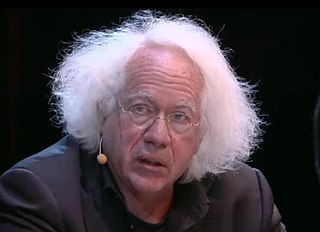A Quote by Jimmy Page
In the 1960s and into the '70s, everyone in their own way was trying to open up the musical horizon. There shouldn't be a wall that you're going toward and bouncing off.
Related Quotes
For me, boxing was a way of me exercising my frustration, anger, sense of injustice, but also a way of owning my space and taking up space. Which I think as a woman in the art world is essential for surviving. You have to become comfortable going like, 'OK, I'm going to take this wall, this wall is mine, I'm going to put my work on this wall.'
When I was a kid, we actually lived in a house that had been divided in two at one point, which meant that one room in our house opened up onto a brick wall. And I was convinced all I had to do was just open it the right way and it wouldn't be a brick wall. So I'd sidle over to the door and I'd pull it open.
I think it's silly when people try compartmentalize musical genres. That was always my problem with the chillwave thing - people were trying to make it into some kind of musical movement, when it was not a movement. A couple dudes had a couple songs for a couple months. It's going to be a disparate onslaught of people throwing ideas at the wall.
A poem, as a manifestation of language and thus essentially dialogue, can be a message in a bottle, sent out in the –not always greatly hopeful-belief that somewhere and sometime it could wash up on land, on heartland perhaps. Poems in this sense too are under way: they are making toward something. Toward what? Toward something standing open, occupiable, perhaps toward an addressable Thou, toward an addressable reality.
Mexico is not going to build it [a wall], we're going to build it. And it's going to be a serious wall. It's not going to be a toy wall like we have right now where cars and trucks drive over it loaded up with drugs and they sell the drugs in our country and then they go back and, you know, we get the drugs, they get the cash, okay, and that's not going to happen.
A man or a woman is said to be absorbed when the water has total control of him, and he no control of the water. A swimmer moves around willfully. An absorbed being has no will but the water's going. Any word or act is not really personal, but the way the water has of speaking or doing. As when you hear a voice coming out of a wall, and you know that it's not the wall talking, but someone inside, or perhaps someone outside echoing off the wall. Saints are like that. They've achieved the condition of a wall, or a door.
But even now, with the crates piled high in the hall, what I see most plainly about the books is that they are beautiful. They take up room? Of course they do: they are an environment; atoms, not bits. My books are not dead weight, they are live weight — matter infused by spirit, every one of them, even the silliest. They do not block the horizon; they draw it. They free me from the prison of contemporaneity: one should not live only in one’s own time. A wall of books is a wall of windows.



































